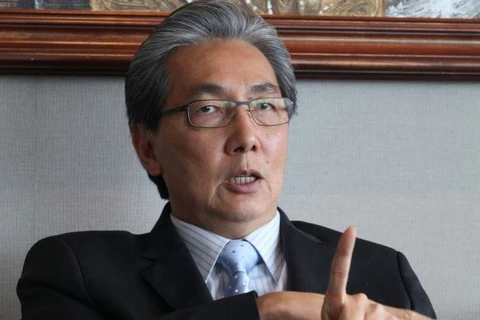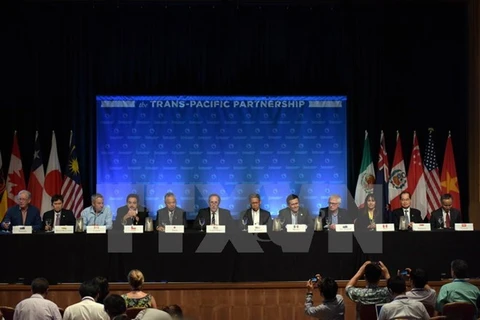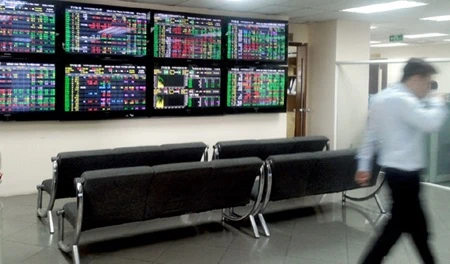Trade ministers from Trans-Pacific Partnership (TPP) member countries reached consensus on a number of issues after their first day of sitting in Atlanta, Georgia, the US on October 1 (Hanoi time).
Participants emphasised their determination to settle differences on a series of key issues, which prevented them from reaching a final agreement at their meeting in Hawaii last July.
They concurred with the decision to remove barriers for automotive component imports into North American markets, which was a thorny issue in TPP negotiations.
Contrary to their rigid opinions in the Hawaii meeting in late July, Canada and Mexico showed that the two countries are willing to open the door for automotive components manufactured in Asia to enter the North American markets.
The situation was a promising step towards resolving one of the major difficulties in the negotiation process.
Talking to media, Japanese Economic Minister Akira Amari believed that the parties are likely to reach an agreement early. Australian Trade and Investment Minister Andrew Robb affirmed that negotiators are trying to settle differences among them.
TPP negotiators will have to continue their talks to find common ground on other issues related to the US and Canada opening their markets to dairy products from New Zealand and the duration of patent protections for new-generation drugs.
TPP negotiations were launched in 2005 between Australia, Brunei, Canada, Chile, Japan, Malaysia, Mexico, New Zealand, Peru, Singapore, the United States and Vietnam.
Once the deal is signed, the TPP will become a free trade region of 800-million people, accounting for 30 percent of global trade and about 40 percent of the world’s economy.-VNA























